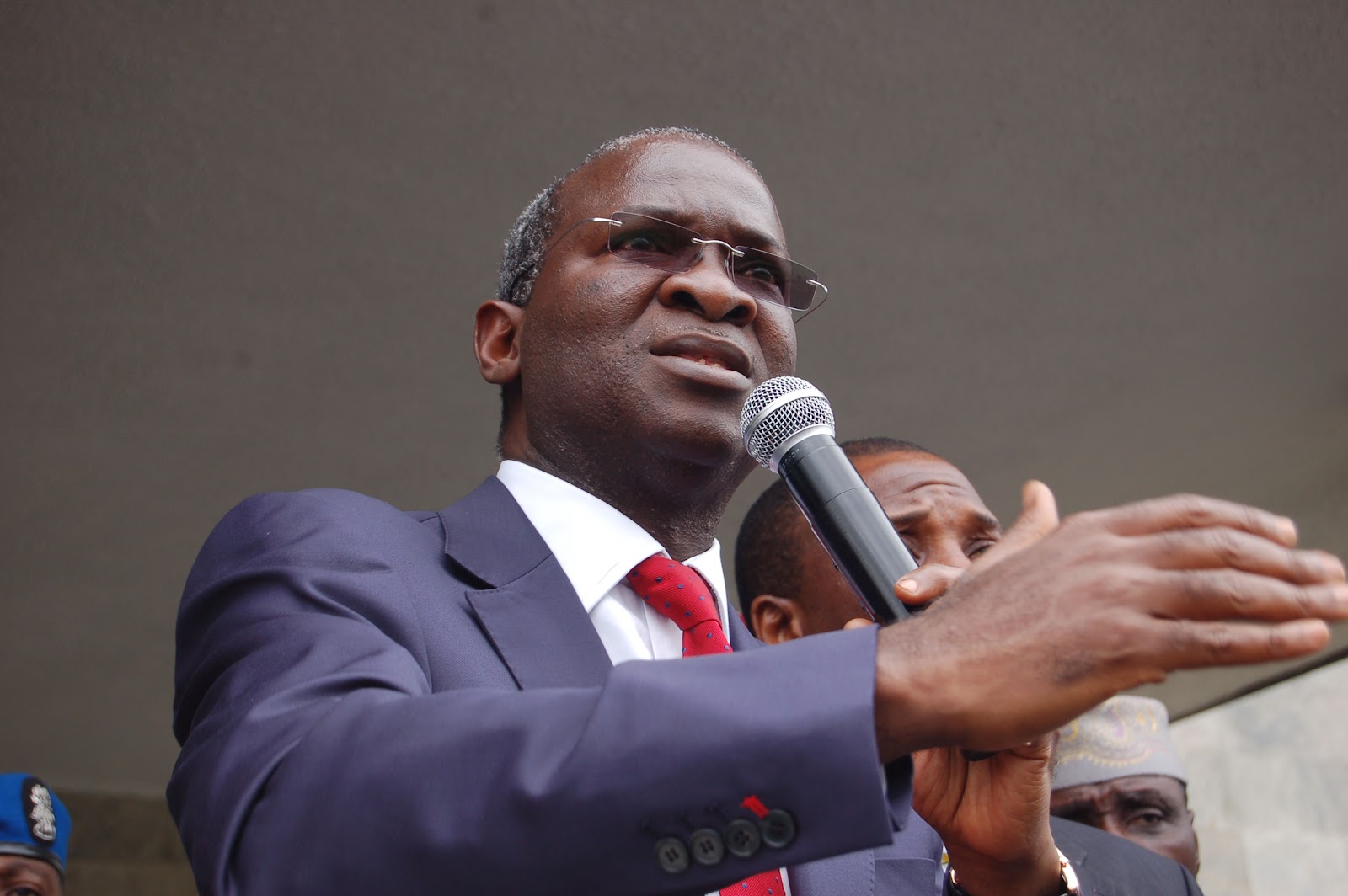Lagos State governor, Babatunde Raji Fashola, was one man who did not hide his vehement opposition for President Goodluck Jonathan during the electioneering period.
Governor Fashola seemed to have led the All Progressive Congress (APC), intellectual wing in throwing one bombshell after another at the incumbent Federal Government from internally generated revenue to the anti-Ebola fight.
Nearly everything up to the deadly bank robbery that took place in Lekki, Lagos which left 3 policemen and a teenager dead earlier in March 2015 was blamed on President Jonathan by Governor Fashola.
Governor Fashola blamed the inability of security officials to respond quickly to the situation was due to the fact that President Jonathan was visiting Lagos at that time.
It was, therefore, a shock to see Governor Fashola agreeing with President Jonathan on a recent political matter involving the President’s revelation made on Wednesday, May 20, 2015 that his decision to concede defeat after the election results were collated, was out of his desire for peace to reign asserting that had he rejected the results, conflict and violence might have sparked in certain parts of the country.
President Jonathan said, “I believe that character matters in leadership. And it is not just about who becomes the president of a country, but somebody has to be there and the person needs the support of all to succeed.
“I made a choice to keep the country away from conflict. I have always advised other African leaders that we will need to have a country before we can have the ambition to become presidents.
“We don’t have to expose our people to deaths because we want to stay in power. Some people hold on to power, may be, for fear of the unknown.”
Governor Fashola in an interview with the Punch Newspaper agreed that indeed, President Jonathan’s concession had averted a major crisis in the country.
He said: “I won’t join the debate because it is a raging debate; some say he is now a statesman, some say he is now a hero, others say he is not a hero as he did what he was expected to do.
“I will just say that first you must understand what we have become. All of us are looking at an election. Do we normally, as a people, accept that we have been defeated? Let us ask ourselves that question.
“I won’t join the debate on whether he is a hero or a statesman, people will have their views. But was that the right thing to do? Yes. And I hope that from there we can pick an example.
“Was it courageous? I would think so in the circumstance that I have created. He had to go and tell a party that wanted to rule for 60 years that we have lost and I have accepted it.
“There is a saying that while it seems ordinary to praise people for doing what is right or what is good, we must understand that it is not just for doing what is right or good that they got the praise or acknowledgement. It is because they avoided evil.”







